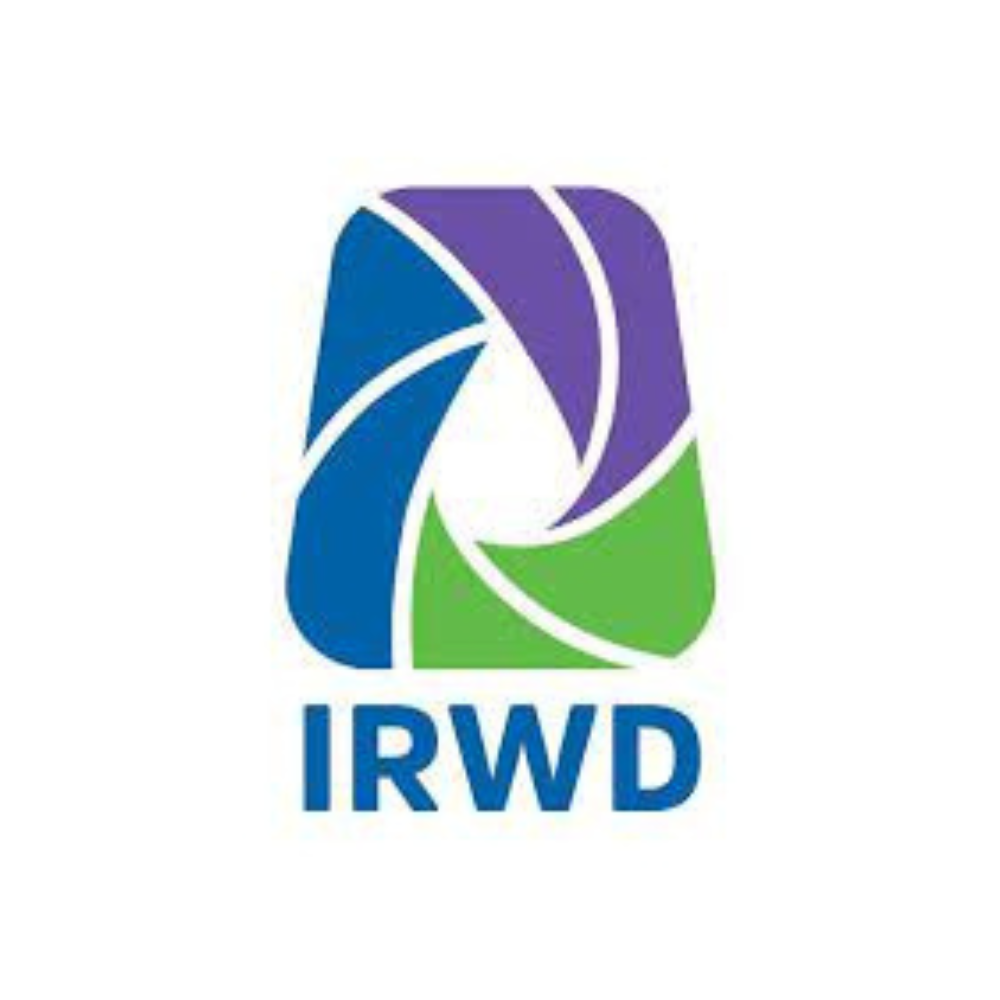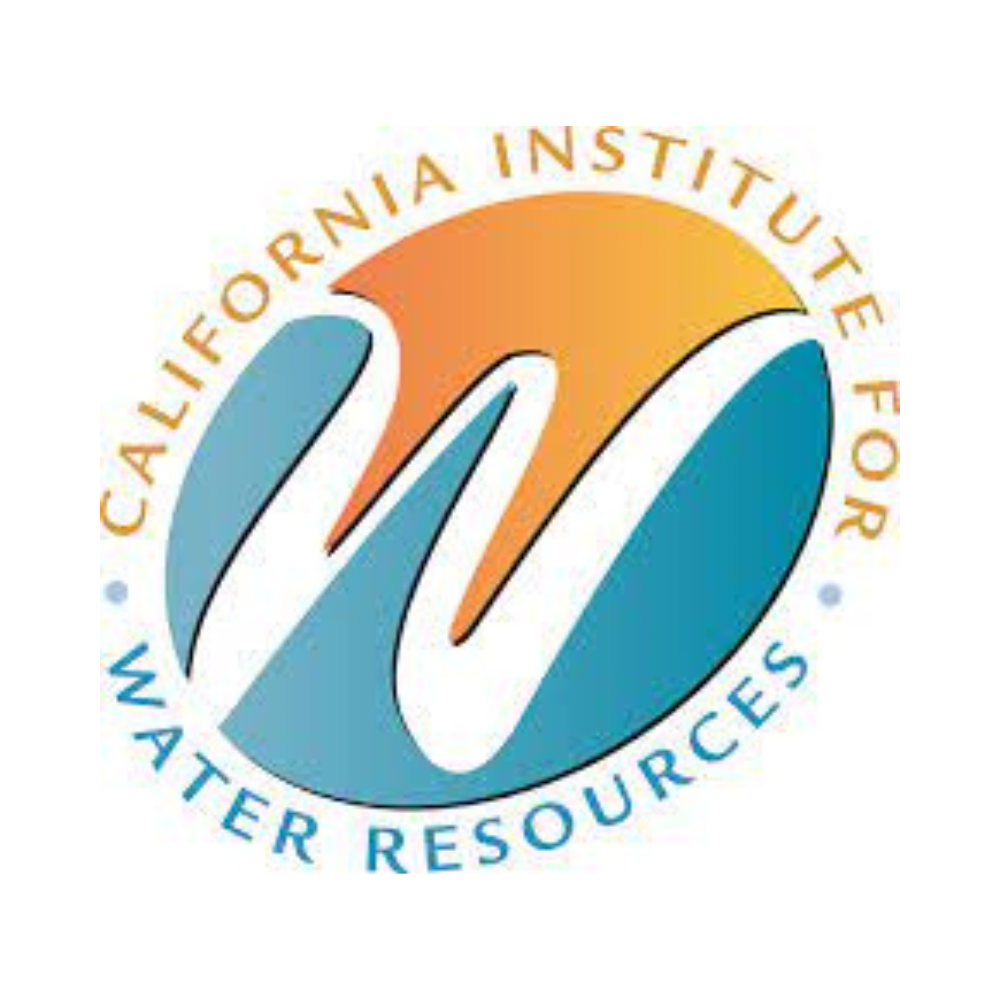
Evaluating the Efficacy of Nature-Based Solutions to Urban Water Challenges
As cities increasingly contend with water quality and quantity challenges exacerbated by the changes in weather patterns and extreme events resulting from climate change, urban planners, designers, policymakers, and environmental managers require information and tools that address these emerging concerns.Nature-based solutions (NBS) such as constructed or restored wetlands, forests, and bivalve (e.g., mussel) reefs have been increasing implemented in urban areas to provide ecosystem services (flood mitigation, improved water quality, social benefits) and increase ecosystem resilience to extreme weather (e.g., extreme precipitation, heat waves). However, these NBS have varying potential for providing significant benefit and can also render disservices, or harms. I will discuss the various empirical datasets and models I have used to examine the nature, extent, and balance of tradeoffs among services and disservices provided by NBS in urban watersheds in the northeastern and southwestern US. These studies have demonstrated that despite ecological degradation and pollution, both designed and “accidental” NBS demonstrate significant capacity for supporting and regulating ecosystem services (habitat provision, nutrient removal, carbon storage) and cultural ecosystem services (sense of place, spiritual practice) in cities. However, the scope of benefit, beneficiaries, and tradeoffs associated with these services are highly dependent on both biophysical (e.g., pollution inputs) and social (e.g., socioeconomic characteristics of stakeholders) factors. My current and future work focuses on further exploring these biophysical and social contexts, as well as the role of NBS design and management, to more fully define the role and impact of NBS in cities.
- Date: 1/22/25
- Time: 2:00pm PT
- Address: Virtual webinar held on Zoom, click on RSVP to register
EVENT SPEAKER:

Monica M. Palta, PhD
Assistant Cooperative Extension Specialist in Urban Water Quality, Health, and Justice
Monica Palta is an Assistant Cooperative Extension (CE) Specialist in Urban Water Quality, Health, and Justice with UC Agriculture and Natural Resources (UC ANR). Her position started September 1, 2024, and she is the first CE Specialist to be based at UC-Irvine. She received a BA in Biology from Grinnell College, an MS in Ecology from the University of Georgia, and PhD in Ecology and Evolution from Rutgers University, and conducted her postdoctoral work at Arizona State University. Prior to accepting her position at UC ANR she was an Associate Professor in the Department of Environmental Studies and Science at Pace University in New York City. She is an urban ecologist and biogeochemist, and her past and current research has been conducted in wetland, river, and stream systems in the northeastern, southeastern, and southwestern United States. In her new position with UC ANR and UCI she is excited to undertake work informing resilient and equitable urban water resource management in Southern California.
2025 SERIES PARTNER SPONSORS:





